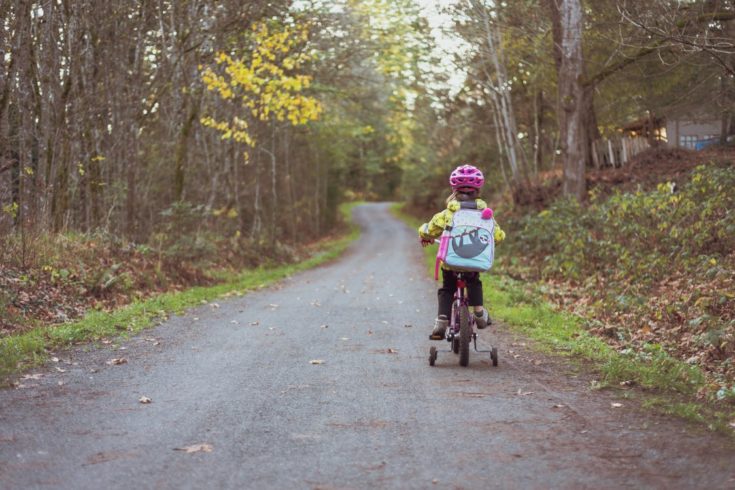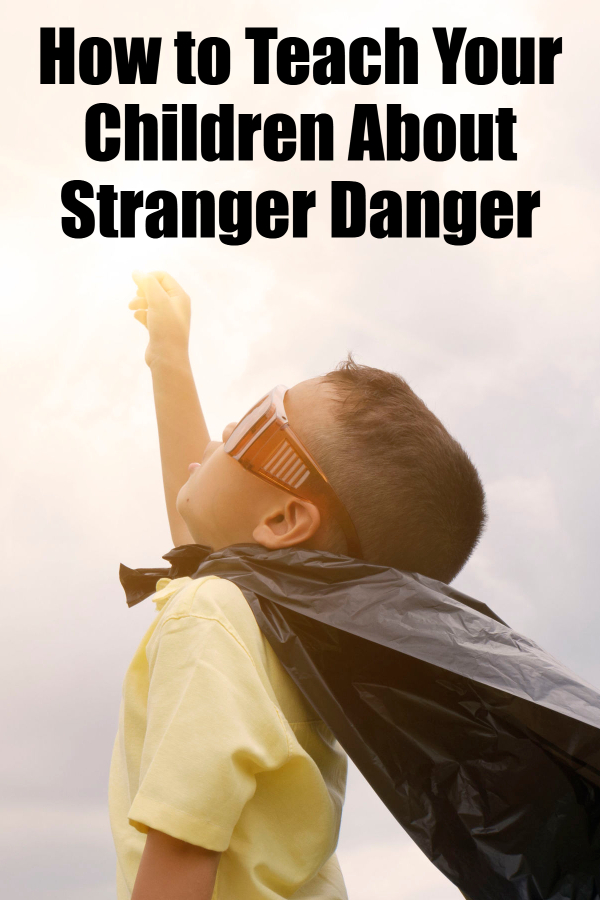Disclosure: This post may contain affiliate links, meaning we get a commission if you decide to make a purchase through our links, at no cost to you. Please read our disclosure for more info.
It’s only natural to worry about your kids trusting the wrong people. We know that children aren’t equipped with the tools of discernment we have as adults. And even though we have those tools, we even trust the wrong people sometimes.  But – we also want to strike a balance between healthy caution and irrational fear. So, how do you teach kids about safety and strange danger?That’s exactly what we’re going to cover in this post.
But – we also want to strike a balance between healthy caution and irrational fear. So, how do you teach kids about safety and strange danger?That’s exactly what we’re going to cover in this post.
In This Post:
Teach them about strangers
Sometimes, we’re all guilty of assuming our kids understand concepts that we do. It wasn’t until my child explained her concept of strangers to me that I realized there was a gap in her understanding. You see, she thought “strangers” were bad people. So, in her 4-year-old mind, if a person introduced himself and seemed nice, he wasn’t a stranger. Also, according to her, people with kids couldn’t be strangers. They had to be nice if they were parents. And if that isn’t 4-year-old logic, I don’t know what is. This is why it’s so important to explain to our children that strangers are simply people we don’t know. They could be good or bad, but there’s no way of knowing until you get to know them. And that’s something that must be done with a trusted adult, like Mommy or Daddy. If you don’t know someone, they’re a stranger, and it’s best not to talk to them unless your parents or other guardians are around.
Teach them who they can always trust
Mommy and Daddy should top out the list of trusted adults, but you may have others. Grandma and Grandpa, aunts and uncles, teachers, babysitters, and family friends may all be on this list. If anyone on the safe list introduces the child to someone, it’s okay to talk to that person. When a child is young, they should always have someone from the safe list with them.
Talk about helpers
Your child should know what to do in case they get separated from you or other guardians. In this case, they should look for people in an authority position. Teach them how to identify police officers and store associates. Tell them to go to a counter or cash register if they get lost in a store, mall, or amusement park. The people who work at any establishment should be trained in what to do in this situation, and they’ll help your child find you.You can make the distinction that helpers are also strangers, but they are a safe option when your child is lost or otherwise needs help.
Practice awareness
It’s always helpful for your child to be aware of his or her surroundings. And you can make a game out of this. Point out landmarks as you pass them and encourage your children to pay attention to the people and scenery around them. Eye spy is actually a great game for this. Even though it seems like a silly game, it will train your child to pay attention to his or her surroundings. And as they get older, you can have even more fun with games like scavenger hunts in public places. This will help your child get acquainted with the places you frequent most often. Teaching your child about safety is one of the most important things you can do as a parent. You want your children to become confident yet cautious in public. And if the worst happens and they get separated from you, they should know exactly what to do to help them get back to safety.
